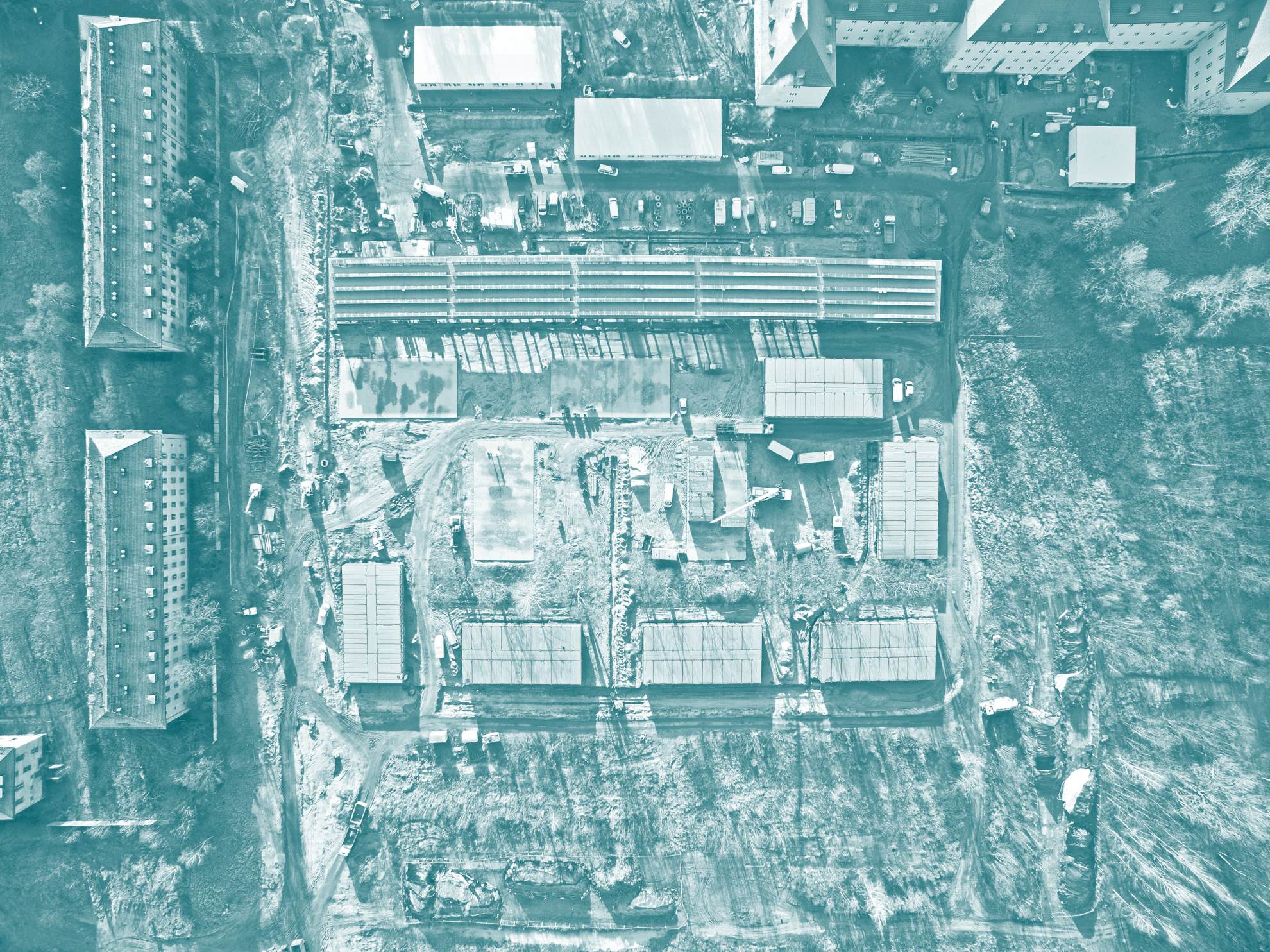19 June 2021 11:40 Decolonising Perspectives
The Prolonged Coloniality of Mining Towns: Non-Binary Ways of Doing Material Positionality as a Researcher
Karin Reisinger (Academy of Fine Arts Vienna)
The colonization of Northern Sweden is frequently narrated in male, heroic histories along with specific architectures and infrastructures. It is often forgotten or left out that the land had already been inhabited by the Sámi, whose access to their environments was limited and controlled, and in many cases they were prevented from exercising nomadic practices. Even today, the situation is conflictual, and simplified binary understandings of architecture are not helpful. Architectures have been part of the colonization, and colonial architectures have also become home to the displaced. In today’s situation of prolonged coloniality, people are again losing their homes as a result of the advancement of resource extraction, the North of Sweden being one of the most mineral-rich zones in Europe, supplying the “centres” with minerals to build and communicate.
Malmberget in the arctic region has been built around mining pits to exploit iron ore, now slowly disappearing to make way for mining. Alongside “architectural knowledge” about the mining town, I want to present two strategies of my work: 1. The architectural knowledge is stored in archives of the capital city, more than 1,000 km away from the actual sites of colonization and destruction in the course of expanding extraction. In the project Lifelike Appendix to the Archive, I added “ontological fragments” to archive material of ArkDes Stockholm, specifically to the original drawings by the architect Folke Hederus. The appendix shows the current destruction of the town and is accessible, together with the original 1950s drawings. 2. This leads to the question of which and whose architectures, materials and practices we reproduce in discourse, canons and archives. In the search for an inclusive and non-binary understanding of architectures and spatial practices, I involve overheard stories in close collaboration with the local practitioners.
On both counts, creative critique is an ongoing tool used to unveil perspectives with decolonizing capacities for architecture which is materially involved in the extraction of minerals in many ways.
Karin Reisinger is FWF Hertha Firnberg Fellow at the Academy of Fine Arts Vienna, Institute for Education in the Arts, following postdoctoral fellowships at ArkDes and KTH Stockholm School of Architecture, which allowed her to engage with the mining areas of Northern Sweden. Working at the intersection between architectures and cultural studies, feminisms and ecologies, recent book chapters include “Reflection about a Disappearing Mining Town in the Archive: Staying with its Non-Permanency” in ArkDes Research Symposium, and “Connective Oscillations: Architectures Between the Devil and the Deep Blue Sea” in More (both 2020). Karin co-organized the AHRA conference Architecture & Feminisms: Ecologies, Economies, Technologies and co-edited the subsequent volumes, Architecture and Culture 5 (3) and field 7 (1), both 2017.
